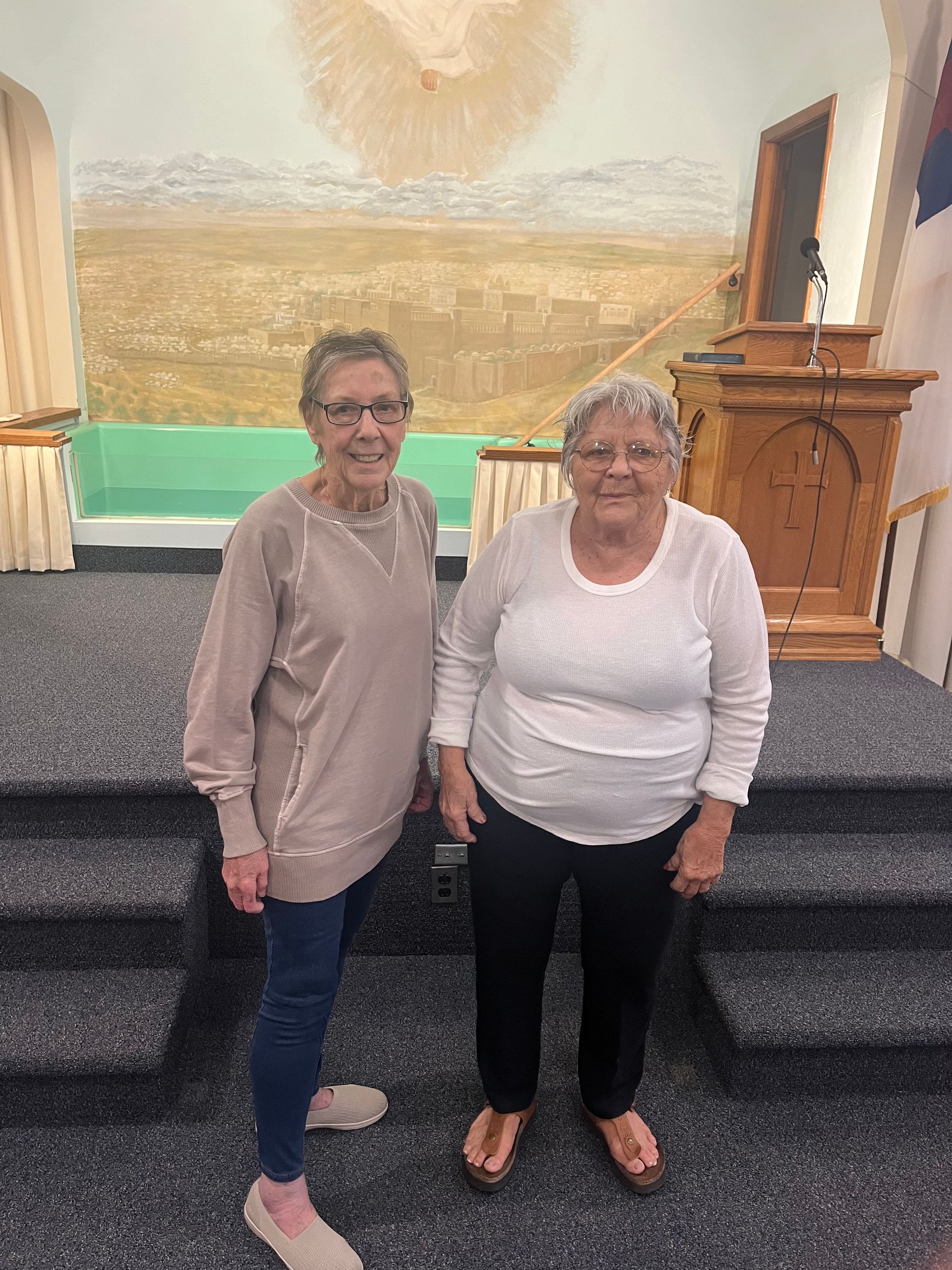A Curmudgeon Looks at Worship
This post originally appeared on Brethren Contemplative, where Jason Barnhart blogs regularly on Brethren life.
This post will get me in hot water with worship leaders. Some will write me off with a quick, “That’s Jason being Jason again.” Others will argue that I need to open my heart more to worship. Still, others will be offended by my insights. I stress the latter part of that sentence. These are simply my insights.
I am blessed to attend a church where there are robust conversations and disagreements about corporate worship. I’m also fortunate to attend a church in which there is musical talent equal to the intensity of the conversation. Each and every Sunday has some of the best musical talents up front. With that being said, let me make the following caveats:
The people leading worship in my church are sincere, authentic Christ-followers.
They desperately want to lead people into the presence of Jesus.
They volunteer numerous hours and the service is often thankless.
My observations are not meant as a criticism of these individuals. They are dear brothers and sisters in the Lord. I’ve made my observations known to them numerous times. These are fewer critiques of them and more critiques of the cultures, philosophies, and theologies that make up evangelical contemporary worship.
As I have listened to song choices over the past few months, I find a disturbing theme emerging. The theme develops something like this: you and I have had horrible weeks. We feel worthless and beat up. Tears are close to the surface and our hearts are wrenched by tragedy and crisis. We long for a Savior and Jesus emerges. He saves us. He holds us. He dries our tears.
There are times, friends, when this is the absolute truth. My struggle is that this worship posture has become less prescriptive and more normative. What do I mean by that? Sometimes, the songs of a people need to be of lament and sorrow. These are prescriptive moments. When we make this posture of the heart the determinative characteristic of worship, which I contend that we have done, we make this posture normative—we must always sing ballads and dirges that speak to deep pain.
As I look around the room, we’ve been deeply conditioned to take up this posture. We could have had the best week possible and, yet, when we come into the church, we sing songs of pain, sorrow, and brokenness. None of those things are normative. And I fear that overusing this worship posture, as it is an attitude of the heart that determines behavior, has shaped us for victimhood. The irony is that some of the most privileged Americans can gather for worship and repeat refrain after refrain about how they are victims. It has also anesthetized us to real pain and sorrow in the world.
No doubt, there are people in my midst Sunday morning that have been profoundly victimized by people and circumstances. But if worship always presents us as the victimized person that “needs to be saved,” we may find ourselves guilty of…
- not recognizing the victims around us.
- confusing corporate lament with individual sin.
- ignoring our privilege and confusing it with mere blessing.
- not recognizing that we may victimize others and our worship postures inadvertently buttress such behaviors.
Let me return to how I began. This is not the intention of any worship leaders I know. They would never want worship to lead to brokenness. Folks, the problem transcends your local church worship service. The problem is that American worship, especially American contemporary evangelical worship, has been shaped more by American fears and anxieties than a hymnody or liturgy that transcends us. Americans are some of the most fearful and anxious people on the planet. In some ways, our worship should speak to such struggles. In other ways, our worship can prop such struggles up rather than naming them and calling us to repentance.
So what would I suggest? I never want to critique without offering some suggestions which are merely my suggestions:
Return to the classics. Resurrect old hymns of all emotional stripes and present them to the people of God.
Go local. Allow your particular congregation/parish/church to shape the liturgy and find ways to span the entire emotional gamut. Let the local body sing songs to the Lord that are home-grown.
Utilize songs that speak to both the highs and lows of the people of God.
Ask yourself the question: “why do people need to be together to sing this song?” I’m not for arbitrarily making every “I” into an “our” to appease the “communal gods.” Instead, if liturgy comes from the Greek word leitourgia, which means “work of the people,” what is the common work that we’re doing together on Sunday morning?
Provide spaces of reflection, prayer, responsive reading to call out not just our brokenness but also our sinfulness. Brokenness is a product of sinfulness but the two are not synonymous. We’ve softened the damage of sin and made it brokenness. As long as sin simply means being broken, we will, by truly the path of least resistance, choose victimhood and not feel conviction, remorse or guilt about the ways that we victimize the world.
Worship is more than individuals singing together to Jesus (but it is that). It’s more than songs of my personal relationship with Jesus (though it is that). Worship is a collective and communal act that shapes our political posture in the world. King Jesus loves us. He wants us to experience healing and reconciliation. Sometimes, though, King Jesus wants us to confess our sins corporately and go into the world recognizing that we’re part of the problem. It is in these moments that our worship falls short at times. If worship only confirms and affirms my life situation, then I have to wonder if we’re worshiping King Jesus or a transcendent form of consciousness in which god looks a heck of a lot like us?










